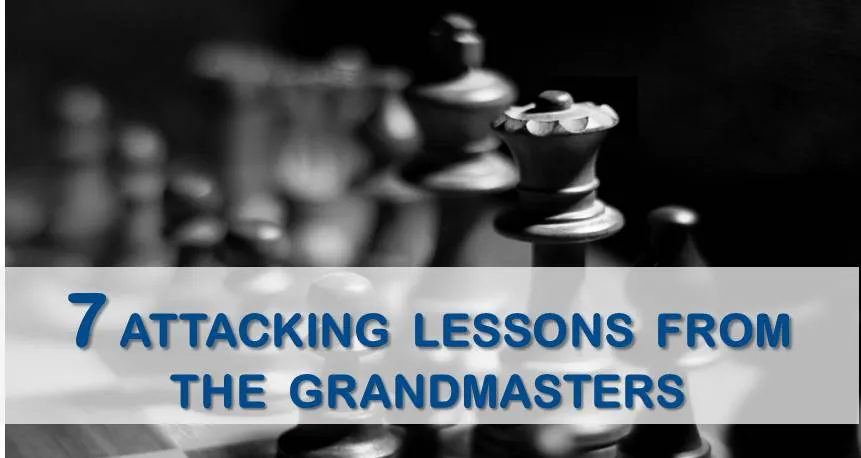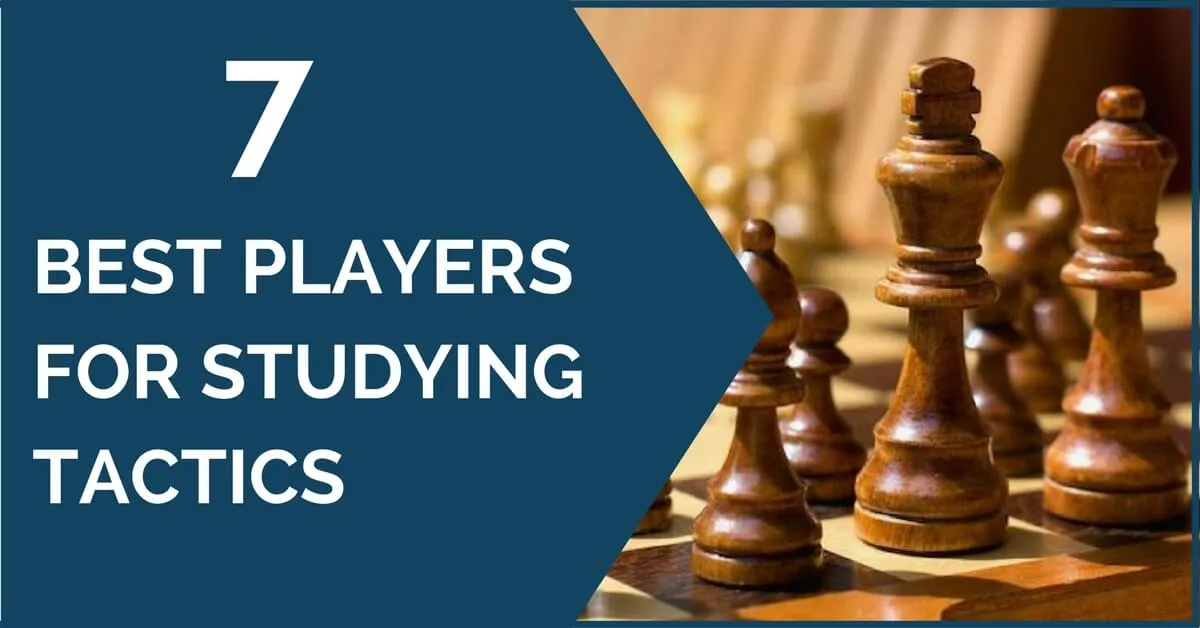Stop Making the No. 1 Chess Mistake Once and For All!
What’s the number one mistake that prevents 95% of players from playing better chess? Is it the way they approach openings or middlegames? Is it how they treat tactical complications or theoretical endgames? It actually goes far beyond that.The No. 1mistakehas to do with the core of chess understanding. Are you making the same mistake? The chances are high you do. Find out for yourself!
I won’t waste your time with thelong introduction.
The No. 1 mistake majority of chess players are making is irrational use of information.
The information comes from various sourcesincluding websites,discussions groups, booksand so forth. A modern chess player accumulates ginormous amounts of knowledge about the game. Many things don’t make sense and can even be contradictory. It would seemthat the knowledge should translate intoquality of yourplay, but that’s where logic fails us.
After a certain point extra information does nothing for your chess.
That’s right. You will not become anystronger as aplayer, if youincrease amount of knowledge you already have. After your brain gets saturated with chess ideas, it will be harderto absorb extra bits and pieces. You will reach a point when the knowledge will do more harm than good. A point of diminishing return, if you wish.
The key to enjoy full benefits fromchess knowledge is to have some sort ofsystem. Allinformation thatyou get should contribute to your decisions over the board. If the information cannot help you at obtaining an advantage, there is no use to keep it.
The problem comes because you have no idea whether the informationyou have is useful or not.What should you do? One of the solutions is to focus on skills rather than knowledge.
What is the difference between chess knowledge and a skill?
Let me give you a simpleexample with Two Bishop Checkmate. There is a big difference between knowing how to checkmate a lone king with two bishops andbeing able to do that.
If you just haveknowledge about two bishops checkmate you would:
1. Know that it is possible to checkmate a lone king with two bishops and a king
2. Know that it is possible to do that in under 50 moves
3. Know that the checkmate is achieved by cornering opponent’s king
What is missing here is HOW.Knowledge is great, but it won’t checkmate with two bishops for you. If you have a skill of checkmating with two bishops, you will do the following steps:
1. Occupy the central squares with the bishops
2.Relocate your king to support the bishops
3. Shift your bishops towards the edge of the board to reduce opponentking’s mobility
4. Move the king closer to support the bishops once again
5. Repeat the procedure until the opponent’s king is cornered to deliver a checkmate with one of the bishops
Even if a player knows the above steps by heart, hewon’t be able to checkmate the king with two bishops.
If you try that exercise against a computer, you will quickly realize that it’s not as simple as it seems. The king may start retreating differently than shown in the tutorial. He won’t cooperate at going to the right corner, and will even start attacking the bishops. The starting position maybe differentand it willthrow you off completely. We are not even talking about the real game situation with the clock ticking.
There are many important details about this checkmate that you simply cannot learn from the books. The only way to master it is by practicing either over the board or on a computer. That’s what skill is about, being able to do it.
The practical element is something that is missing in most of the chess courses and books. Many players don’t realize that the skill, not the knowledge is something that matters.

By observing how others box on the TV, even with great commentary, you won’t become a good boxer or any boxer at all. You need the skills. You need to go out there and try it. Chess is no different. You need to apply the knowledge to build the skill.
That’s why all our training courses havepractical sections. In 21 DayCourse we provide students with daily tasks and assignments to make sure they buildthose skills. In our video courses we also have a practicum section with tasks and homework. These things are the key of any training course. They are something that separates being able to checkmate the king with two bishops or not.
To summarize, if you only remember a single thing from this article, I want you to remember to work on your skills, not simply accumulating knowledge. The skill is something that wins games.










Comments: